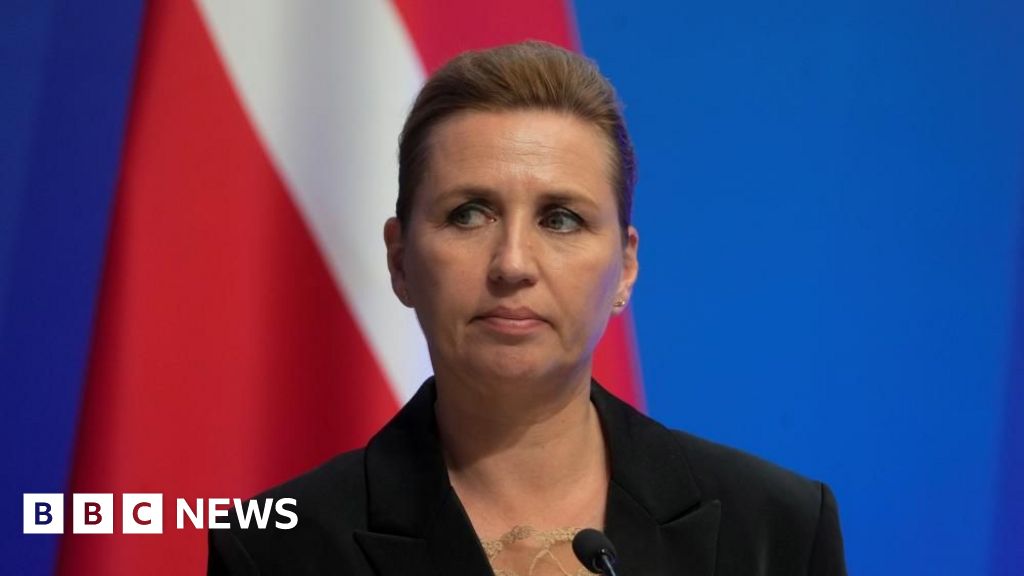CHICAGO (AP) — Amid institutional limitations on contraceptive access, college students are stepping up to meet the demand for sexual health resources at Catholic universities. At DePaul University, student activist Maya Roman meticulously orchestrates the discreet distribution of contraceptives, employing techniques to navigate campus rules prohibiting birth control offerings.
This initiative, dubbed “the womb service,” began after DePaul revoked the student organization's status associated with Planned Parenthood. Similar student-led movements are emerging across Catholic institutions, challenging the status quo and providing essential services to a diverse student body.
Many Catholic universities adhere to teachings that discourage premarital sex and birth control, leading to limited resources for reproductive health. As Jill Delston, an associate professor, notes, students are taking it upon themselves to address these gaps, asserting their rights to bodily autonomy.
Roman, who views the current landscape as a challenge, said she hopes her peers will feel empowered to strive for change in reproductive health policies. Her group, which now operates under the name Students United for Reproductive Justice following the university's decision, aims to continue providing essential reproductive health services this academic year.
In Illinois, while a new law mandates that public institutions must offer contraceptive services, the absence of such requirements for Catholic schools leaves many students relying on peer-led initiatives. As the criteria surrounding reproductive health continue to evolve in various states, the resilience of these student movements highlights a significant shift towards self-advocacy.
“This fight is about more than just access to contraception; it’s about ensuring students’ futures and their ability to make choices that affect their lives,” said Roman, emphasizing the broader implications of their grassroots endeavors.










